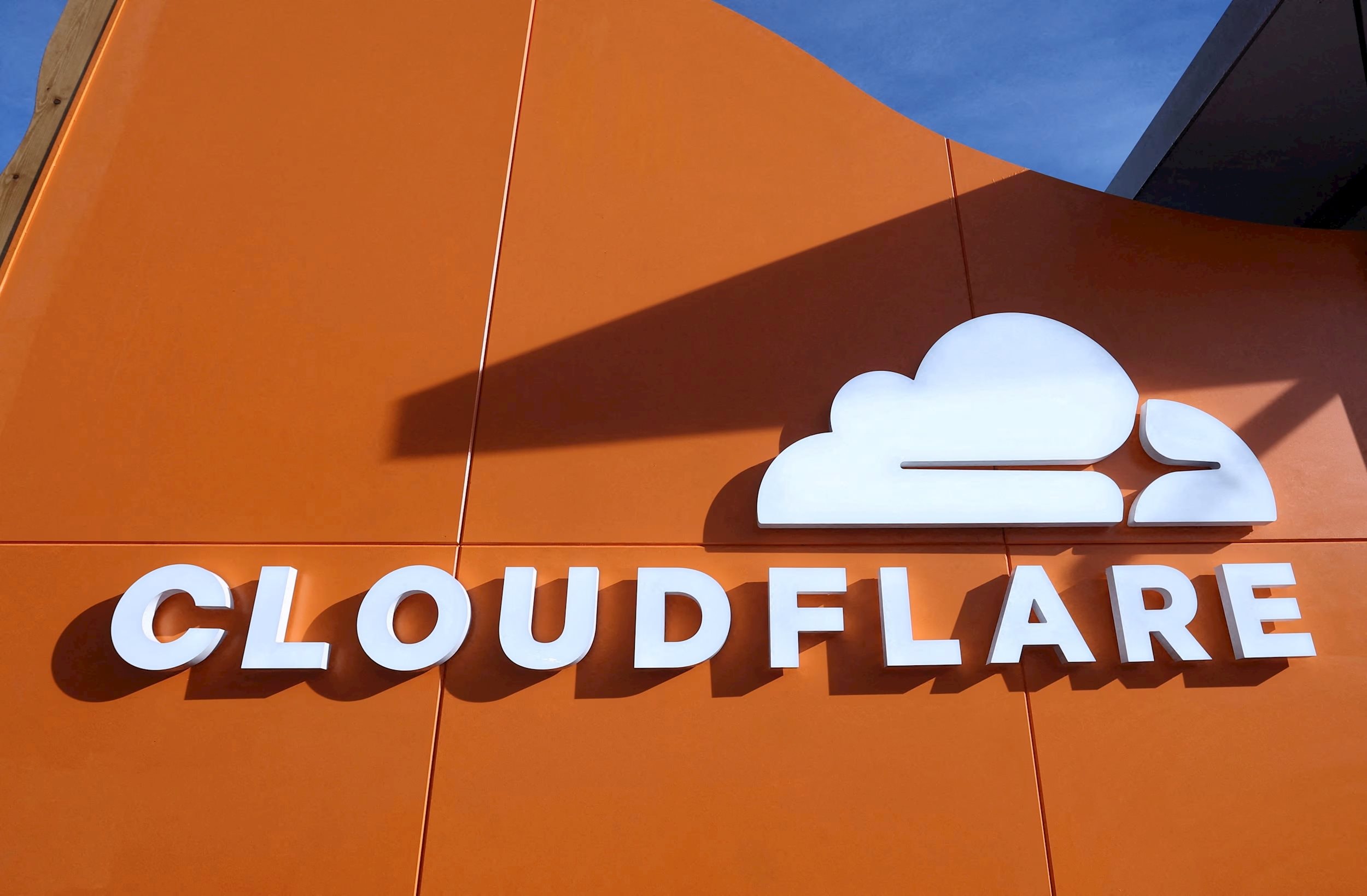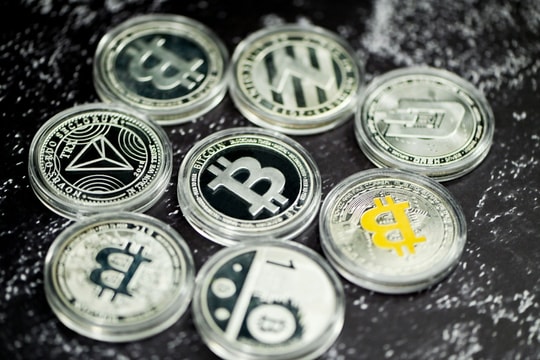Internet 24h: Cloudflare just turned 15, Afghanistan disconnected from the Internet
Internet 24h has just recorded two contrasting stories: Cloudflare celebrates its 15th birthday with a series of new products, while Afghanistan is plunged into cyber darkness due to service cut-off orders.
Cloudflare's 15-year journey
Cloudflare has just turned 15, marking a long journey of accompanying the global Internet. Starting with the mission of building a better network environment, the company has contributed to increasing the rate of Internet data encryption from 10% to 95%.

On the occasion of the anniversary, Cloudflare recalls important milestones: from the deployment of IPv6 gateway in 2011, Universal SSL in 2014, to Cloudflare Workers and free anti-DDoS system in 2017. These advances have contributed to reshaping the standards of security and speed on the 24h Internet.
This year, the focus is on preparing for a new model of monetization on the Internet, supporting the publication of quality content and expanding the user community. Cloudflare also continues to pursue its long-term goals: increasing speed, security and making features available to more people.
24-hour Internet and efforts to narrow the digital divide
Additionally, Cloudflare announced a partnership with Giga, a joint initiative by UNICEF and the ITU to measure and improve internet quality in schools worldwide. With a network in more than 330 cities, Cloudflare will conduct up to 10 million speed tests per month, helping governments understand the state of their connectivity.
The world is still facing a serious digital divide: nearly 1.3 billion children do not have internet access at home and about 50% of students cannot use the internet regularly at school.
Measuring and analyzing data will inform strategies, investments, and policies to bring the internet to communities left behind.
Afghanistan disconnects from the Internet
The internet in Afghanistan is almost completely cut off. Under orders from the Taliban government, mobile networks and data services have been suspended nationwide. Only 2G networks remain, leaving connections to the outside world virtually paralyzed.
This incident not only disrupted communication, but also severely affected banks and finance. People were left “unable to communicate”, losing the basic means of connection in modern life.






